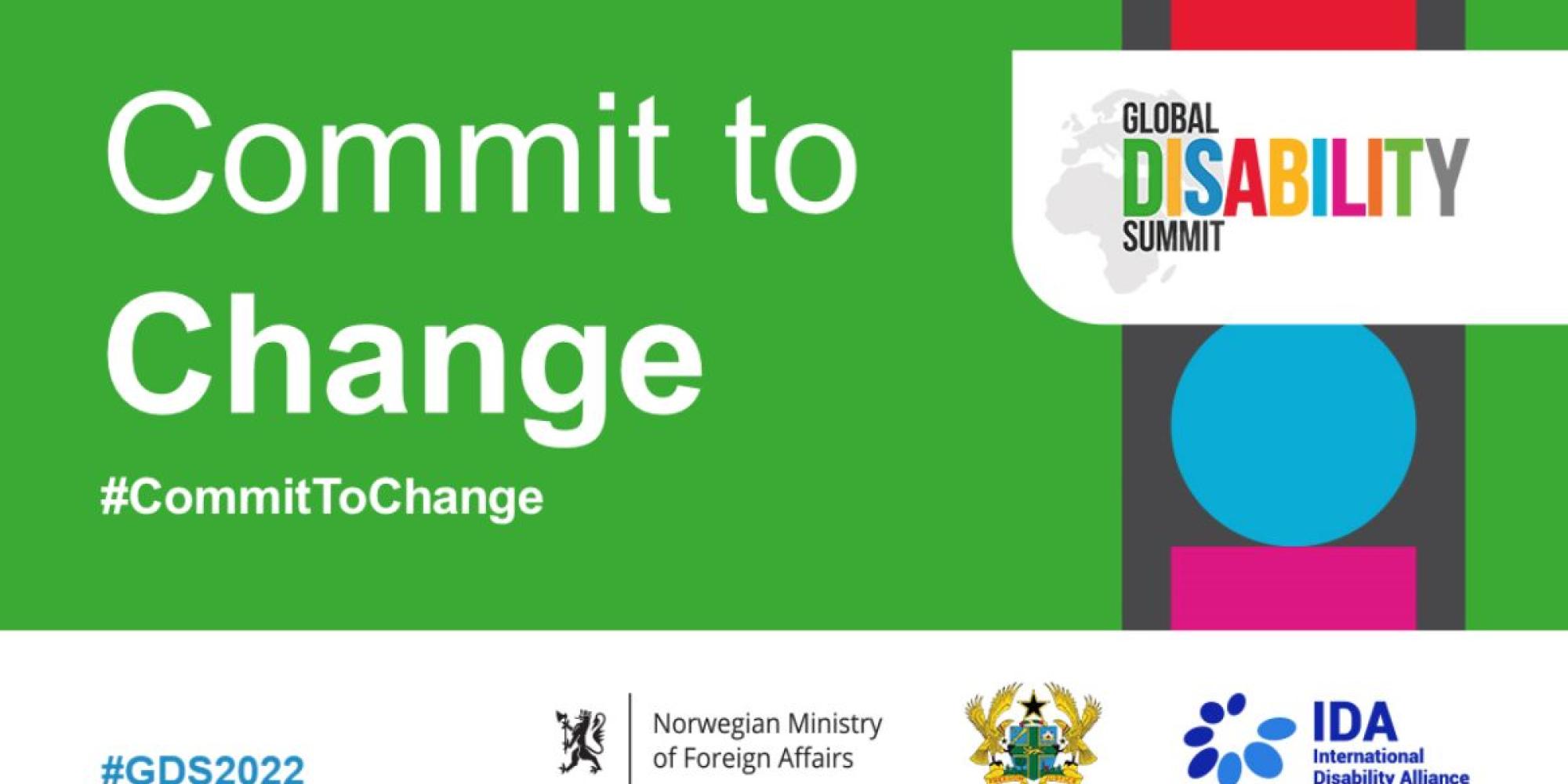
Persons with disabilities make up around 15% of the world’s population and 80% live in low- and middle-income countries. Despite this, persons with disabilities are one of the most socially excluded persons in society, a situation which has worsened during the COVID-19 pandemic. Persons with disabilities can also face further risks of discrimination and exclusion based on other aspects of their identity, such as their age, gender, sexual orientation, or race. For example, women and girls are disabilities are at increased risk of violence due to the intersecting nature of disability and gender.
The Global Disability Summit 2022 provides an opportunity for organisations of persons with disabilities, governments and civil society to come together to reflect on progress made since the first Global Disability Summit, held in London in 2018, and to commit to making further change.
Ahead of the GDS22, SDDirect has made public commitments on disability inclusion to strengthen our practices on disability inclusion across all our work. These public commitments represent our belief in the importance of achieving equality and social justice for persons with disabilities.
SDDirect has made commitments in three overarching areas. Here are some highlights:
1. Reduce discrimination and stigmatisation by promoting attitudinal change in communities and across all development cooperation, and addressing intersectionalities
SDDirect commits to tackling discrimination, stigmatisation, violence and oppression experienced by all persons with disabilities, wherever they live or work, at times of peace and during conflict and crisis. We recognise that persons with disabilities have multiple and intersecting identities which overlap and shape their experiences of discrimination. In particular, women and girls with disabilities often experience multiple forms of disadvantage due to patriarchy and the intersections of gender, sexuality and race with disability-related discrimination. For example, we will apply a gender equality and social inclusion (GESI) lens to our work on disability inclusion, including on-going, embedded GESI analysis that explores the barriers (attitudinal, environmental, institutional) all persons with disabilities face as well as the role of power (formal and informal).
2. Disaggregate data by disability, gender and age in data collection and statistics
SDDirect commits to strengthening the evidence base on disability and addressing evidence gaps, including in relation to disability disaggregated data, to better understand issues affecting persons with disabilities and organisations of/for persons with disabilities. We will build on our learning generated through the UK FCDO Disability Inclusion Helpdesk and other programmes and partnerships. For example, we will Work with partners to disaggregate data by disability, gender and age as a minimum (in our research, reviews, evaluations and programmes) to ensure differential impacts amongst persons with disabilities are well understood.
3. Increase consultation and meaningful participation of persons with disabilities and organisations of persons with disabilities in the design, implementation, monitoring and evaluation of national policies and systems, and in international cooperation
We commit to meaningfully engaging persons with disabilities and their representative organisations in our work, amplifying their voice and agency in all that we do. For example, we will foster open and inclusive dialogue with persons with disabilities and organisations of/for persons with disabilities through all our work, facilitating learning and sharing of lessons to adapt and improve the quality of programme implementation. We will also identify opportunities to expand our partnerships with organisations working on disability inclusion, especially in contexts where persons with disabilities are heavily stigmatised and subject to high levels of discrimination.
We also made a specific commitment on protecting persons with disabilities from violence, exploitation and abuse in situations of conflict and crises. Our commitment recognises that women and girls with disabilities are at increased risk of violence, exploitation and abuse due to the intersection of gender and discrimination. For example, we will:
- Work with partners and other actors on the UK Government funded What Works: Impact at Scale Programme to strengthen the evidence base about what works to prevent gender-based violence against women and girls with disabilities, including in situations of crisis and conflict.
- Work to promote the embedding of disability inclusion in protection, GBV and safeguarding work in conflict and crises situations.
- Support partners and clients to develop Safeguarding and prevention of sexual exploitation, abuse and harassment (PSEAH) policies and practices that are inclusive of persons with disabilities.
To find out more about the Global Disability Summit, visit the website here.